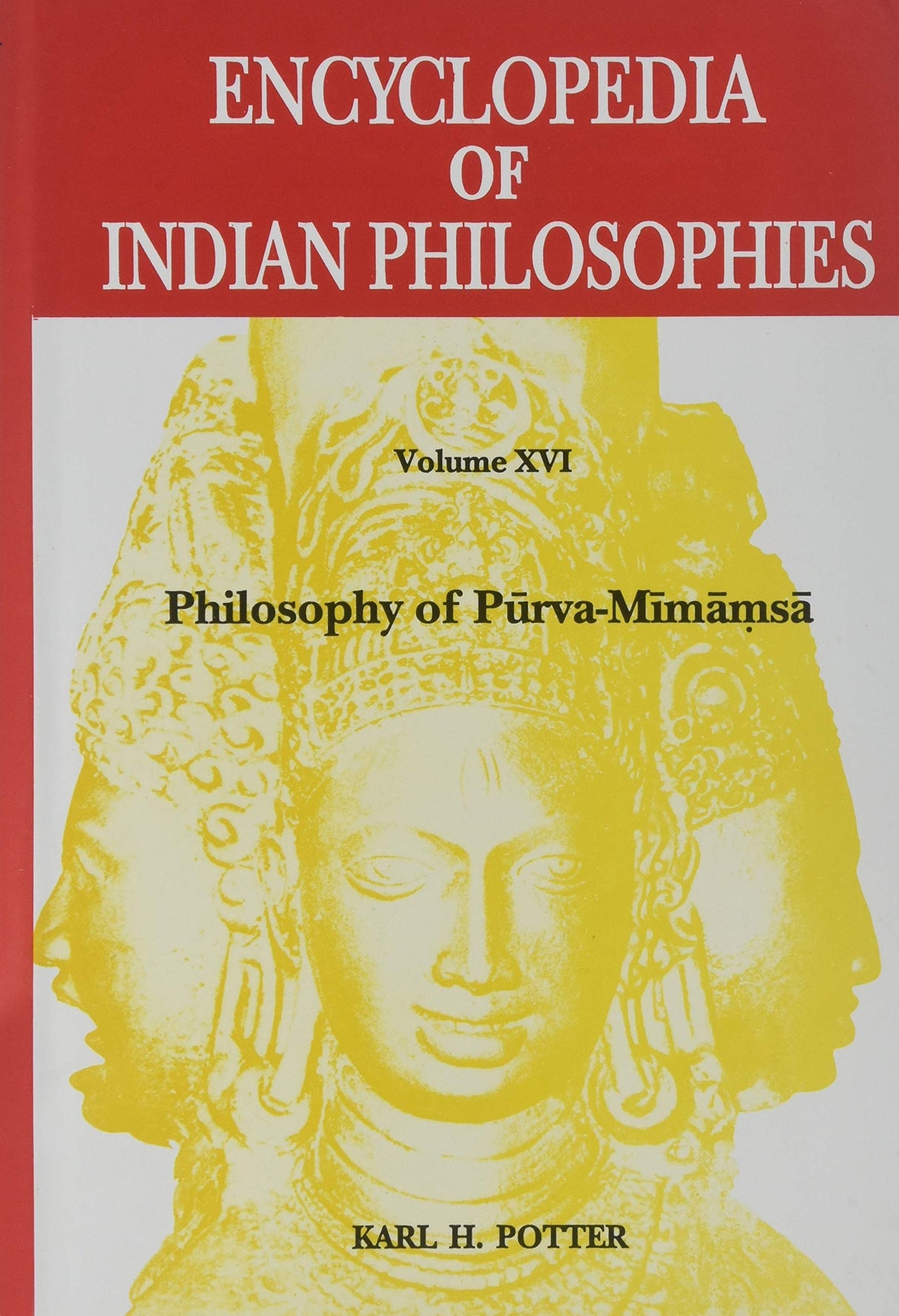Encyclopedia of Indian Philosophies: Philosophy of Purva-Mimamsa, Vol. XVI
Encyclopedia of Indian Philosophies: Philosophy of Purva-Mimamsa, Vol. XVI is backordered and will ship as soon as it is back in stock.
ISBN: 9788120836440, 8120836448
Regular price
₹ 2,200.00
Unit price
/
Unavailable
Couldn't load pickup availability
This Volume deals with the philosophies of Purva Mimamsa, one of two schools of Mimamsa traditionally considered systems of Hindu philosophical thought. 'Mimamsa', as used classically, has among its meanings that of an "exploration" or "investigation" of something. In the context of early Vedic thought, it can mean specifically a theory governing the origins, basic values, and assumptions about man, in particular about the type of actions a human should or should not perform, as suggested and sometimes spelled out in the Vedas. The Vedas, the oldest extant literature of what is now considered Hinduism, generated a vast literature of their own. Some of this passed down to us in the form of brief pronouncements called sutras, which were presumably meant for memorization and were not always independently intelligible. These sutras in turn generated explanatory commentaries, and commentaries upon commentaries. The basic sutras of what came to be the Purva Mimamsa system were known as the Mimamsa-sutras or Purvamimamsasutras ('Purva' since another set of literature expounding a different understanding of ultimate things came to be recognized also as Mimamsa, specifically "Uttara" or later Mimamsa.) Initially the Purva Mimamsa had no special recognition of the subject matter of philosophy as understood in these volumes of our Encyclopedia, and would not warrant treatment as Indian philosophy in other systems developed ideas concerning the assumptions of rebirth, transmigration, and the possibility of attainment of final liberation, Purva Mimamsa also developed a philosophical system in response, beginning with further commentaries on their sutras and proceeding on to independent works, comprising a collection of texts which constitutes the philosophy being studied in the present Volume.
-
Pages
-
Edition
-
Size
-
Condition
-
Language
-
Weight (kg)
-
Publication Year
-
Country of Origin
-
Territorial Rights
-
Reading Age
-
HSN Code
-
Publisher




